ESPON Workshop
“European gateway cities and regions -
New evidence on different types of gateways
and their future role”
Brussels, 27 November 2013
Timing: 8h30 – 13h00
Background and objectives
Europe’s gateway cities and regions have great potential for contributing to the achievement of Europe 2020’s targets. However, their potential contributions vary greatly as gateway cities and regions are as different from each other and as diverse as European regions in general. Their geographical reach and orientation may be global, national or regional. They may cover one specific or several functions, for example they may function as gateway for research, innovation, tourism, migration, etc.
Gateways are often perceived as hubs in networks of flows of goods and people. At the same time, they also stand for places where economic and social services are available and can be accessed.
Speaking about gateways has a clear territorial dimension and is at the same time a matter of scale. The flows of people, commodities and funds as well as the provision of services are highly dependent on whether the focus is on a metropolitan region, a second tier national city or a regional centre.
Moreover, the local level of economic development and national policies have over time impacted the functionality of gateways and shaped the profile in terms of what the individual gateway can offer as functionality.
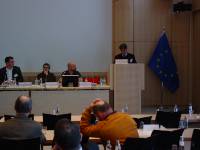 |
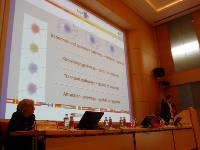 |
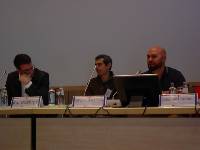 |
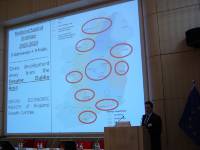 |
Aim and Structure
Against this backdrop, the workshop intended to present and discuss different types of gateways from a European perspective considering their different geographical contexts. The workshop included territorial evidence that has been produced by numerous ESPON projects and a Territorial Observation no.9.
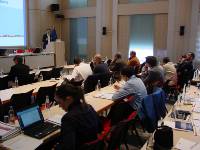 |
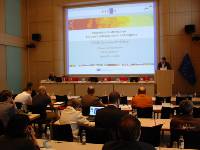 |
 |
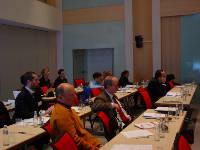 |
The evidence on gateways and the concept used by the ESPON analyses was discussed and tested exploring examples from national and regional territorial strategies or policies.
Concrete examples from different European countries and regions were presented. A panel discussion ending the workshop addressed the role of gateways as policy orientation in European territorial development and in national and regional strategies and policies. The round table was nourished by stakeholders referring to regional gateway examples and statements from policy makers at national level as well as scientist involved in ESPON.
Broad conclusions from the day
- Looking at cities as gateways can be a bit difficult as the term “gateway” is not always used. Other terms used, as the examples presented at the workshop showed, are “primary urban centres (PUC)” or “regiopolis”, the latter standing for a medium sized city with usually more than 100.000 inhabitants, a number of metropolitan functions, but outside a metropolitan area.
- Discussing gateways involves a lot of strategic thinking and development, which can nevertheless differ quite a bit from one case to another. Whilst the development concepts of Rostock and Gdynia reveal a clear outlook on Europe and the world, Ireland’s approach to the development of primary urban centres is rather inward looking.
- All gateway functions are correlated with one another apart from maritime gateways, which can perform without clustering functions. The specialisation of gateway cities is more a scale specialisation rather than a functional specialisation.
- A sharp functional profile is important for the gateway concept to really benefit a city or urban region.
- The gateway concept is often used as policy objective in territorial strategies to develop and promote a city or region.
- There is a need to clarify the concept of gateways. Gateways should be considered in national strategies and be included in macro-regional strategies, if relevant. Also links between secondary cities could be considered in creating a polycentric gateway functionality.
- At EU scale the largest cities play the role as connectors to the world helping the EU as a whole in the international competition.
Further information
Please find below the programme of the workshop and the presentations.
More photos here.
Contact the ESPON Coordination Unit at info@espon.eu for additional details.
This Workshop is organised within the framework of the ESPON 2013 Capitalisation Strategy / Actions related to European Seminars and Workshops
“European gateway cities and regions -
New evidence on different types of gateways and
their future role”
Brussels, 27 November 2013
Timing: 8h30 – 13h00
 |
 |
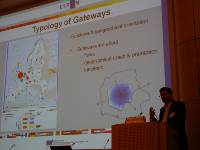 |
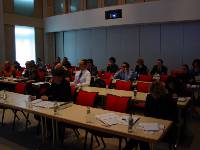 |
 |
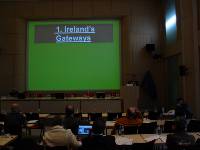 |
 |
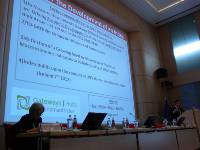 |
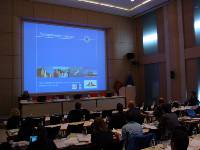 |
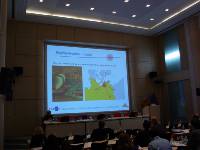 |
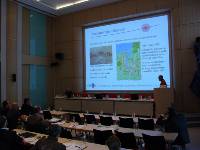 |
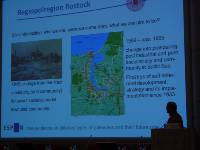 |
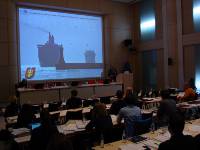 |
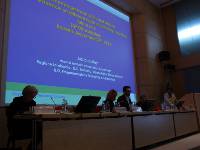 |
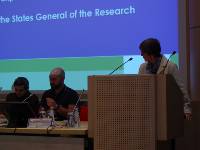 |
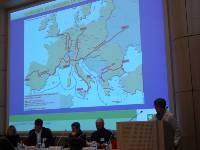 |
 |
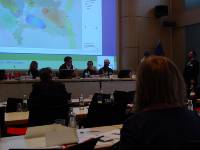 |
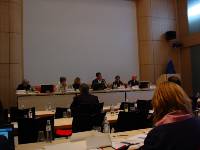 |
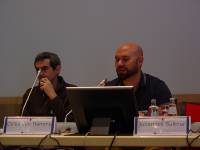 |
 |
 |
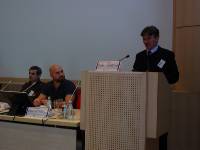 |
 |
 |
 |

